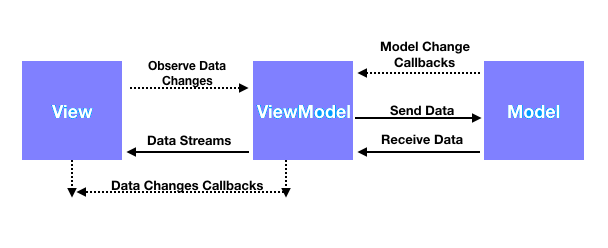How to run one-time setup code before executing any XCTest
One approach
When you try to use dispatch_once anyway, Xcode (>=8) is as always very smart and suggests that you should use lazily initialized globals instead. Of course, the term global tends to have everyone indulge in fear and panic, but you can of course limit their scope by making them private/fileprivate (which does the same for file-level declarations), so you don't pollute your namespace.
Imho, they are actually a pretty nice pattern (still, the dose makes the poison...) that can look like this, for example:
private let _doSomethingOneTimeThatDoesNotReturnAResult: Void = {
print("This will be done one time. It doesn't return a result.")
}()
private let _doSomethingOneTimeThatDoesReturnAResult: String = {
print("This will be done one time. It returns a result.")
return "result"
}()
for i in 0...5 {
print(i)
_doSomethingOneTimeThatDoesNotReturnAResult
print(_doSomethingOneTimeThatDoesReturnAResult)
}
This prints:
This will be done one time. It doesn't return a result.
This will be done one time. It returns a result.
0
result
1
result
2
result
3
result
4
result
5
result
Side note: Interestingly enough, the private lets are evaluated before the loop even starts, which you can see because if it were not the case, the 0 would have been the very first print. When you comment the loop out, it will still print the first two lines (i.e. evaluate the lets).
However, I guess that this is playground specific behaviour because as stated here and here, globals are normally initialized the first time they are referenced somewhere, thus they shouldn't be evaluated when you comment out the loop.
When you try to use dispatch_once anyway, Xcode (>=8) is as always very smart and suggests that you should use lazily initialized globals instead. Of course, the term global tends to have everyone indulge in fear and panic, but you can of course limit their scope by making them private/fileprivate (which does the same for file-level declarations), so you don't pollute your namespace.
Imho, they are actually a pretty nice pattern (still, the dose makes the poison...) that can look like this, for example:
private let _doSomethingOneTimeThatDoesNotReturnAResult: Void = {
print("This will be done one time. It doesn't return a result.")
}()
private let _doSomethingOneTimeThatDoesReturnAResult: String = {
print("This will be done one time. It returns a result.")
return "result"
}()
for i in 0...5 {
print(i)
_doSomethingOneTimeThatDoesNotReturnAResult
print(_doSomethingOneTimeThatDoesReturnAResult)
}
This prints:
This will be done one time. It doesn't return a result.
This will be done one time. It returns a result.
0
result
1
result
2
result
3
result
4
result
5
result
Side note: Interestingly enough, the private lets are evaluated before the loop even starts, which you can see because if it were not the case, the 0 would have been the very first print. When you comment the loop out, it will still print the first two lines (i.e. evaluate the lets).
However, I guess that this is playground specific behaviour because as stated here and here, globals are normally initialized the first time they are referenced somewhere, thus they shouldn't be evaluated when you comment out the loop.


